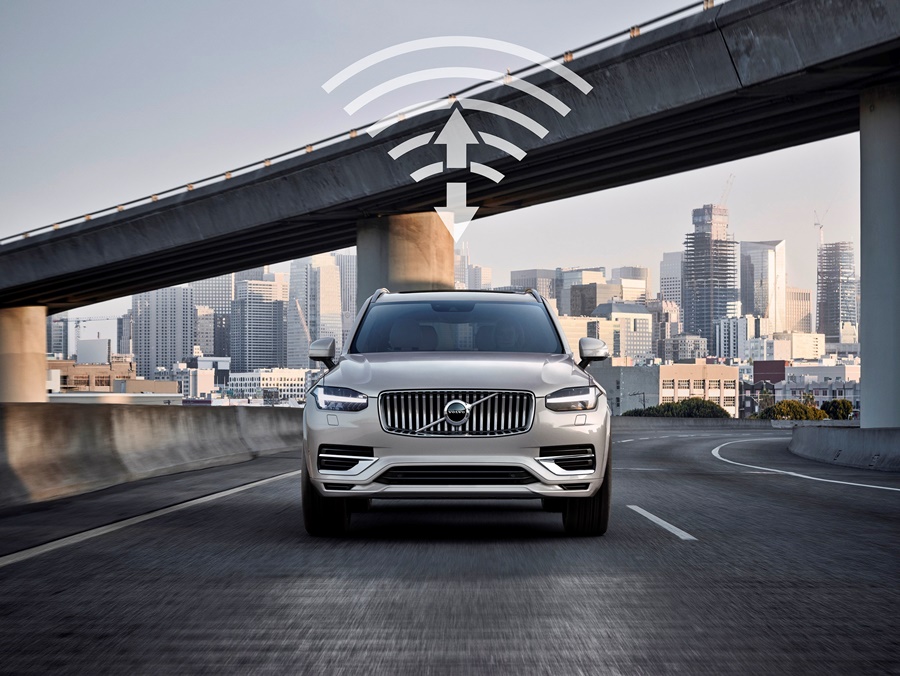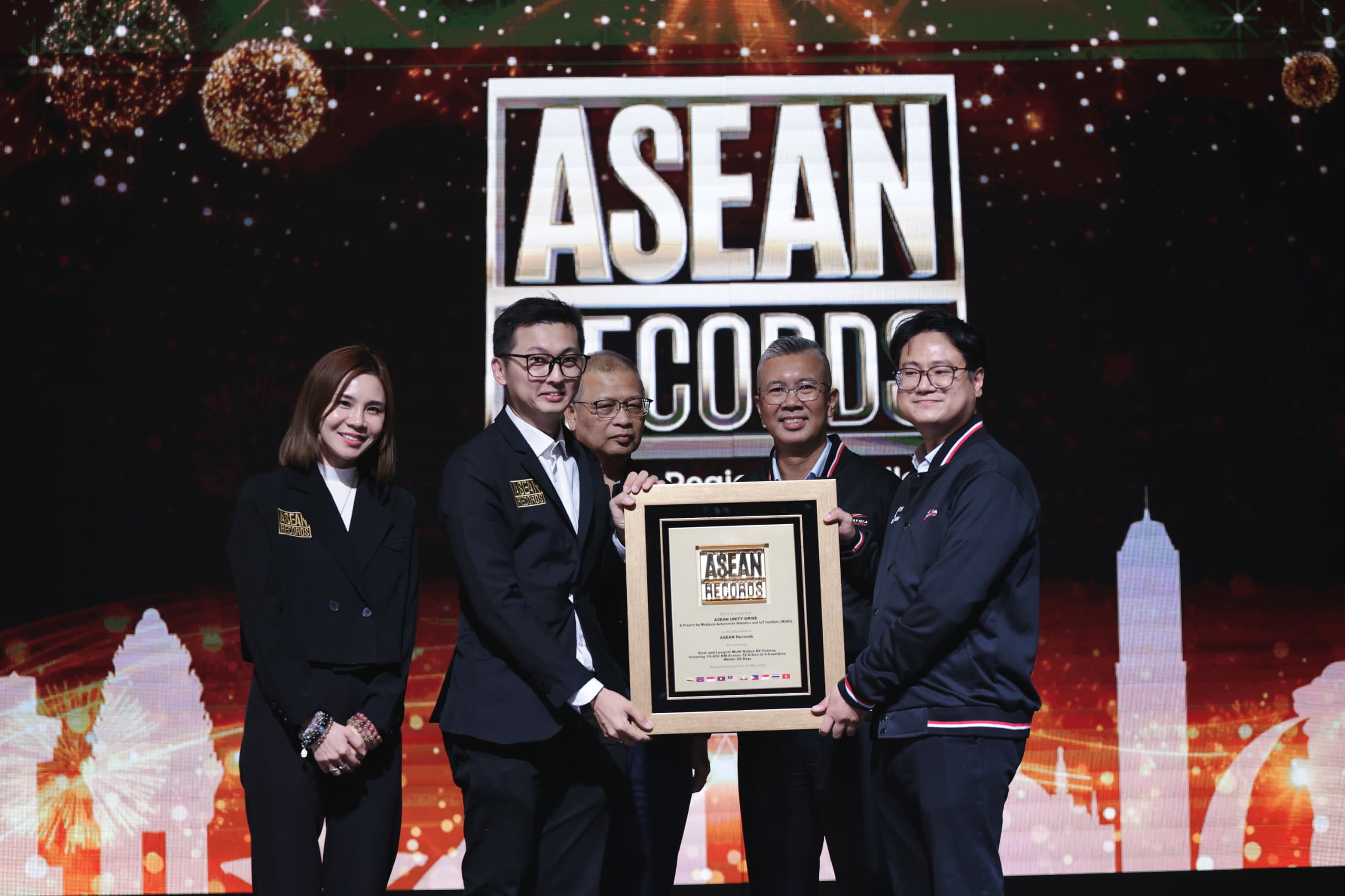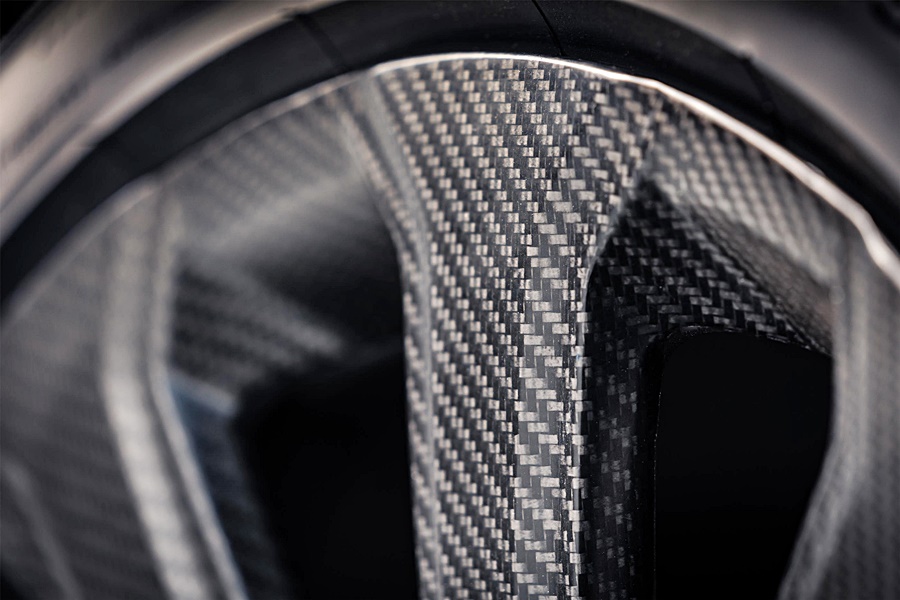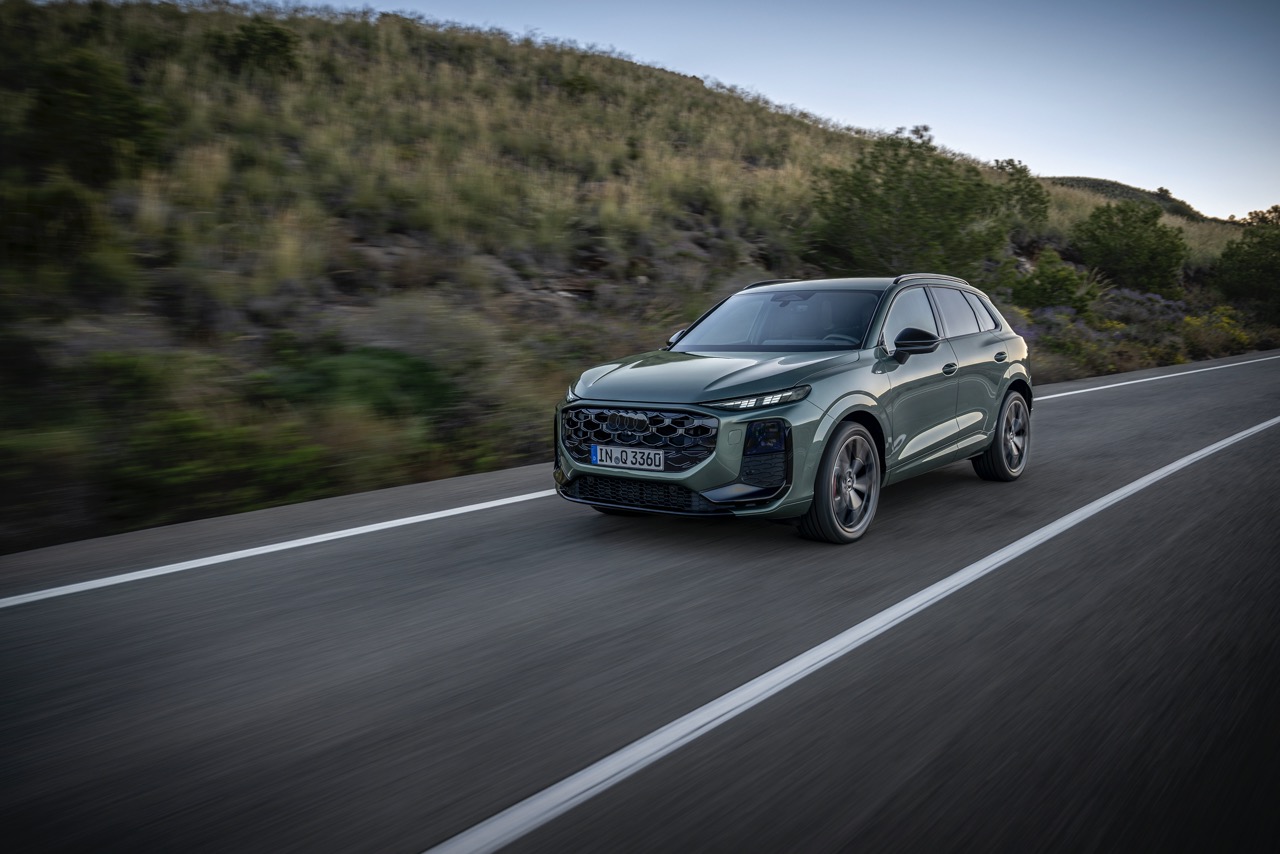5G – the next generation of mobile network technology – will become commercially available from 2020 onwards (third quarter in Malaysia) and users will benefit from significantly more advanced connectivity. Carmakers are also using 5G technology for communication between cars and infrastructure. For example, Volvo Cars and China Unicom are joining forces to work together in researching, developing and testing automotive applications of 5G and emerging vehicle-to-everything (V2X) technology.
As the fifth generation of mobile network technology, 5G is many times faster, has a higher data capacity and offers lower response times than its 4G predecessor. As more data can be transferred to and from cars more quickly and with less latency, more applications for cars become possible.
The two companies are exploring a range of different applications of 5G technology for automotive use in China, identifying potential improvements in areas such as safety, sustainability, customer convenience and autonomous driving.
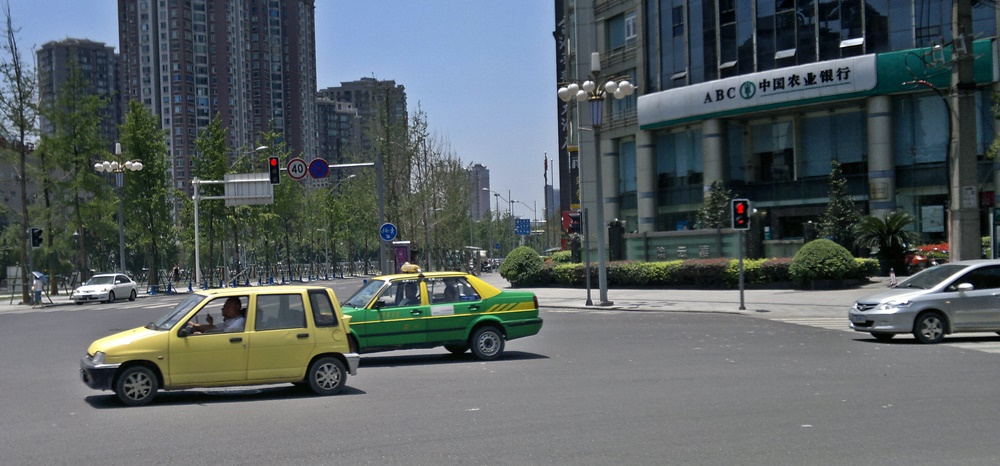
For example, when a car is aware of upcoming traffic issues such as roadworks, congestion or accidents, it can take pre-emptive action such as slowing down or suggesting a different route. This can help traffic safety for people inside the car as well as around it, while avoiding start-and-stop traffic improves efficient energy use.
Other examples include the possibility for cars to find open parking spots more easily with the help of traffic cameras. Cars may also communicate with traffic lights in order to establish an optimal speed and create a so-called ‘green wave’, and with each other to optimise safe exits and entries from and onto highways.
”Volvo has been a leader in realising the potential of connecting our cars to enable new features and services such as detecting and sharing locations of slippery roads between vehicles,” said Henrik Green, Chief Technology Officer at Volvo Cars. “With 5G, the network performance is improving to allow for many more real-time critical services that can help the driver be safer and get a smoother and more enjoyable ride. We look forward to collaborating with China Unicom on developing those services for the Chinese market.”
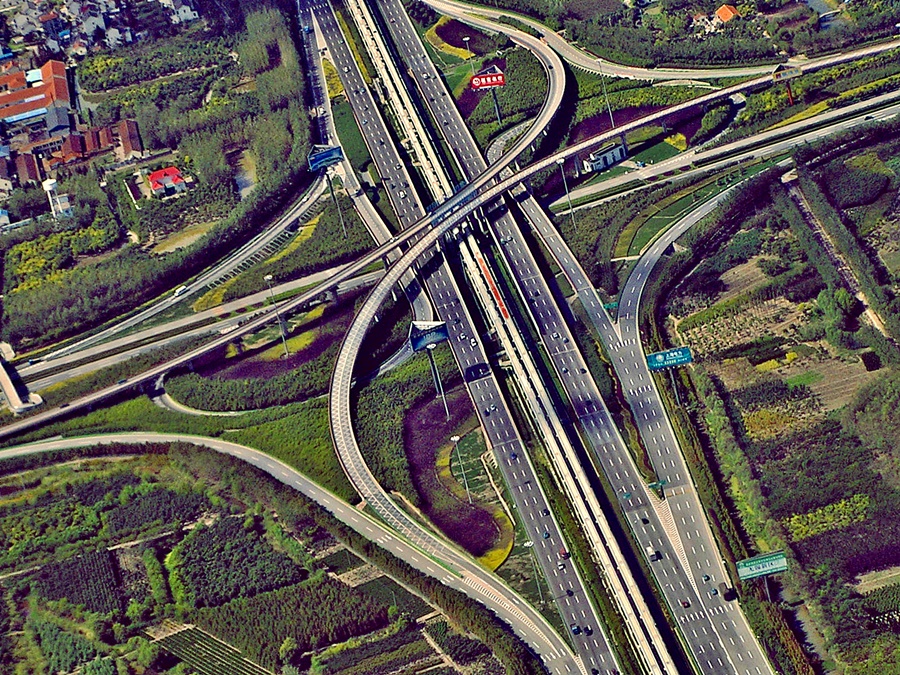
China is currently rolling out 5G across its major cities and like most regions, it is also widely expected to implement its own regional standards for V2X technologies. Volvo Cars’ collaboration with China Unicom helps it to be suitably prepared for local requirements and create a strong presence in V2X in its biggest market. 5G connectivity will be a part of the next generation of Volvos, based on the next generation SPA2 modular vehicle architecture.
“5G will fully enable the development of automatic driving, improve the safety of driving and bring a new experience by building a collaborative service system of ’people, vehicles, roadway, network and cloud‘. China Unicom and Volvo Cars will sincerely cooperate with each other, jointly develop a business deployment route under China’s national conditions, which is believed to become an industry model in China,” said Liang Baojun, Vice-President of China Unicom Group.



